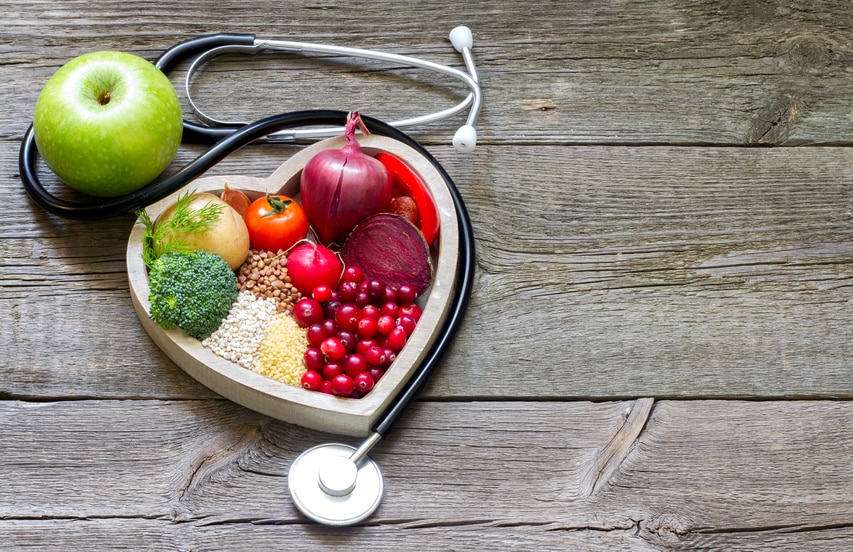Everybody knows that heart disease, diabetes and stroke are potentially deadly. Yet metabolic syndrome -- a serious health problem that affects 34 percent of U.S. adults -- remains poorly understood.
Metabolic syndrome is not an illness itself, but rather a grouping of risk factors that significantly raises your risk of developing cardiovascular disease. It is diagnosed when three or more of the following are present:
- Abdominal obesity. Defined as a waist size of at least 40 inches for men, and 35 inches for women.
- High triglyceride levels. Defined as 150 milligrams per deciliter of blood (mg/dL) or greater.
- Low HDL cholesterol levels. Defined as less than 40 mg/dL in men, or less than 50 mg/dL in women.
- High blood pressure. Defined as 130/85 millimeters of mercury or greater.
- High fasting glucose levels. Defined as 100 mg/dL or greater.
Just having one of these factors can adversely affect your well-being, says Alice Benjamin, a cardiac clinical nurse specialist and chair of the American Heart Association's Western States Affiliate Multicultural Health Task Force.
"But when you have all these things together, it's even more serious," she says.
Metabolic syndrome puts you at increased risk of atherosclerosis, heart disease, stroke and Type 2 diabetes.
How people develop metabolic syndrome
Many different factors can trigger metabolic syndrome. According to the AHA, they include:
- Being overweight or obese
- Not getting enough activity and exercise
- Consuming a diet in which more than 60 percent of your daily calories come from carbohydrates.
- Your genetics. Being genetically predisposed to insulin resistance raises your risk of developing metabolic syndrome.
You are also at increased risk for metabolic syndrome if you take medications that cause weight gain, or that raise blood pressure, or that boost blood cholesterol or blood sugar levels, Benjamin says.
"These medicines most often are those used to treat inflammation, allergies, HIV, and depression and other types of mental illness," she says.
Mexican-Americans have the highest rate of metabolic syndrome, followed by whites and blacks, Benjamin says.
The AHA says men are at higher risk than women for developing metabolic syndrome, but Benjamin notes that women who have a history of polycystic ovarian syndrome are at increased risk.
Lowering your risk of metabolic syndrome
Fortunately, there are things you can do to reduce your risk of metabolic syndrome. According to the AHA, they include:
- Losing weight
- Increasing how often you exercise
- Eating a diet rich in "heart smart" foods such as whole grains, fruits, vegetables and fish. Also, eating low-fat or fat-free dairy products, and avoiding processed foods.
Benjamin says the little choices you make every day can play a big role in reducing your risk for metabolic syndrome.
"Choose an apple versus a slice of chocolate cake, opt for fruit-infused water versus soda pop, eat more fresh fruits and vegetables, and lean meats," she says.
She also urges you to exercise for 30 minutes at least five times a week, and to be active at other times -- such as taking the stairs instead of the elevator, and parking a little further away from the store and walking the long distance from your car to the entrance.
It also is important to see your doctor regularly and to make sure you are treated for conditions such as high blood pressure, and poor blood cholesterol and blood glucose readings.
"People can reduce their risk of metabolic syndrome by taking some simple steps that can make a big impact on their lives," Benjamin says.




